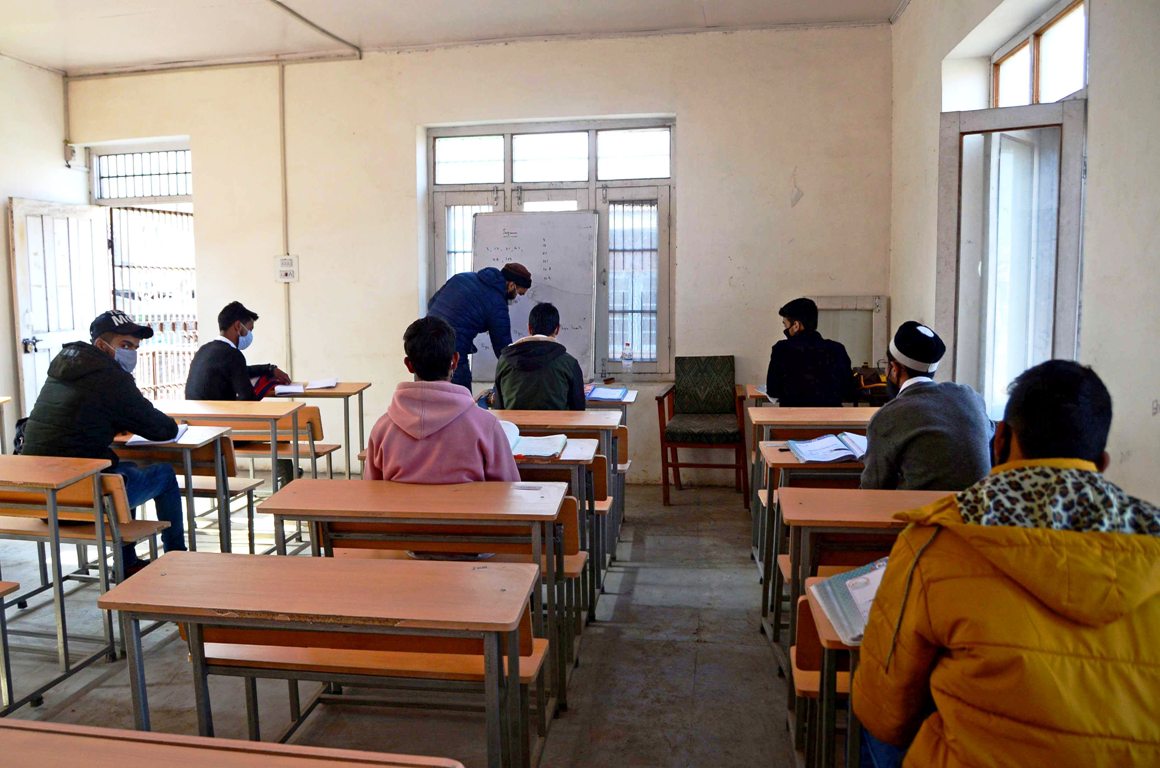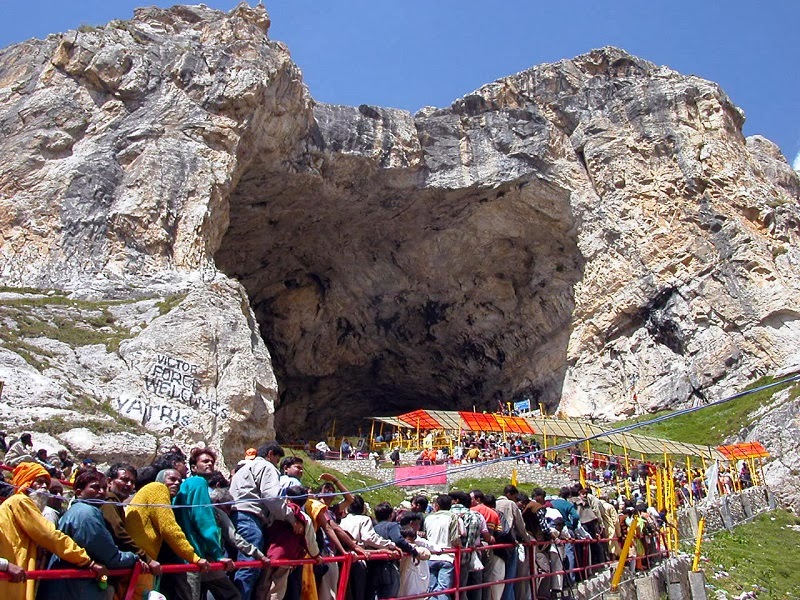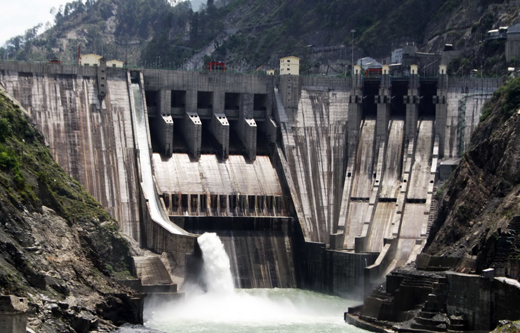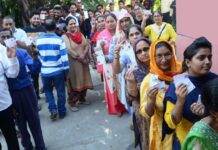SRINAGAR: India and Pakistan have engaged in a new diplomatic battle over the state of human rights in Kashmir at the United Nations. They were participating in the debate about Promotion and Protection of Human Rights on October 29, 2018.
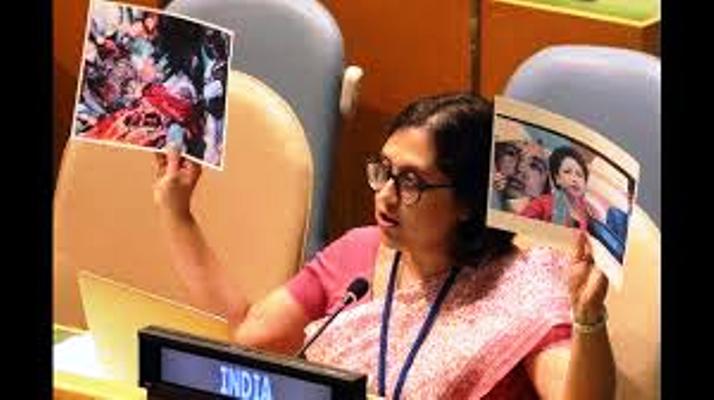
Pakistan representative suggested the establishment of a Commission of inquiry to investigate the “grave human rights violations” in Jammu and Kashmir. This was in wake of the recommendation that UN High Commissioner of Human Rights report made in June 2018.
“We endorse the report’s recommendation that a UN Inquiry Commission be constituted to investigate and redress the violations of human rights of the Kashmiri people”, Maleeha Lodhi, Pakistani envoy, said during the debate. She invoked the right of self-determination that was promised to the people.
India’s reacted strongly to the statement. “We reject the unwarranted reference made by one delegation to the state of Jammu and Kashmir which is an integral part of India,” Paulomi Tripathi, India’s First Secretary in the Permanent Mission to the UN, said. She insisted that “right to self-determination cannot be abused to undermine a nation’s territorial integrity”.
Here are the two statements that the two countries recorded in the debate on the right of self-determination envisaging the human rights that was part of the debate in Third Committee, on Agenda Item 74: Promotion and Protection of Human Rights:
Pakistan Statement
“We thank the Secretary-General and Special Rapporteurs for their comprehensive reports.
The ideals of promoting and protecting human rights are well codified in the Universal Declaration of Human Rights, adopted 70 years ago.
This has served as a catalyst of progress.
The legal framework is all there. It is the persistent failure to comply with these obligations that remains the abiding challenge.
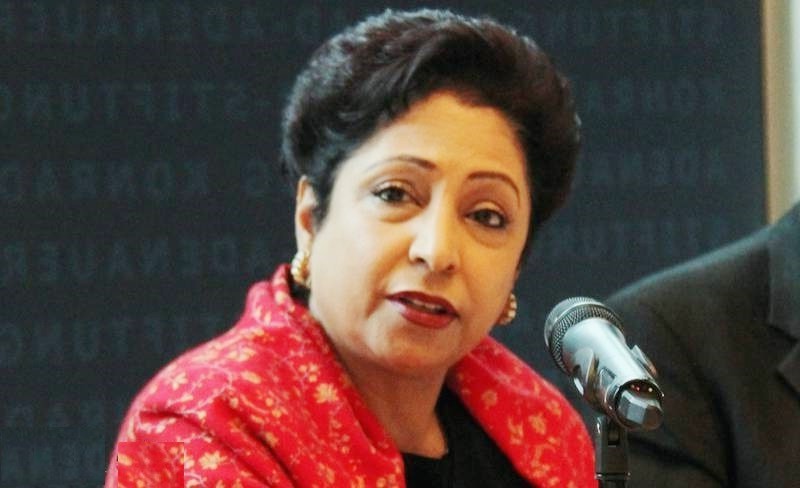
There is therefore no room for complacency. Cardinal principles of human dignity continue to be violated. Millions of people around the world continue to endure the horrors of armed conflicts and millions suffer under foreign occupation. Egregious and systematic violations of human rights are taking place every day. And plausible deniability has become the new norm.
A telling example of impunity is India’s consistent denial of the right to self-determination to the people of Jammu & Kashmir, as promised to them by Security Council resolutions. And when they demand this right, the people of Jammu and Kashmir are met with repression and ruthless human rights abuses.
The latest report of the UN High Commissioner for Human Rights lifts the veil from decades of obfuscation of massive violations of human rights in Kashmir. The situation remains a blot on the conscience of humanity, and one that demands immediate corrective action.
Mr Chairman,
While civil and political rights are the foundation of human freedom and dignity, there is a need to give equal attention to economic, social and cultural rights. They, in turn, facilitate realization of civil and political rights. We must, therefore, take steps to promote the right to development and environmental rights of people.
Mr Chairman,
As humanity stretches the frontiers of freedom, we often choose to suspend empathy, compassion and understanding, humanity’s greatest strengths. We should not allow diversity of backgrounds, beliefs and perspectives to be endangered by the demons of hate and extremism.
We need to create and strengthen the necessary safeguards against new and contemporary manifestations of discrimination, xenophobia and Islamophobia. Promotion of a culture of peace, as well as dialogue and cooperation between religions and civilizations would help us achieve this objective.
Together with the Philippines, Pakistan co-sponsors a resolution to promote interfaith and inter-cultural dialogue. Pakistan also strongly supports the OIC resolution on combating intolerance, negative stereotyping and violence on the basis of religion in this regard.
Mr Chairman,
Pakistan supports the mandates of the Special Rapporteurs. They are entrusted with specific tasks to report under carefully crafted inter-governmentally agreed mandates. They must discharge their responsibilities with full independence within the given mandates, with impartiality, transparency and non-selectivity, and without any politicization.
Mr Chairman,
Pakistan has an abiding commitment to the promotion and protection of human rights at the national and international levels. Our constitution devotes a chapter to the protection of fundamental rights and freedoms of all, without discrimination. Our executive, parliament, judiciary, civil society and media stand guard to protect these constitutional rights.
My country’s new government headed by Prime Minister Imran Khan is committed to the consolidation of democratic institutions, protection of human rights, consolidation of the rule of law and improving good governance. It has launched a new framework for social change, which focuses on education, health, women, youth, and minorities.
My country will continue to support an equitable, just and fair order, both globally and at home. We will continue our efforts to choose dialogue over division, harmony over intolerance and Right over Might.”
India statement
“We thank the Secretary-General and the special procedure mandate holders for informing our discussion under this important agenda item.
Representing India at the first session of the Commission of Human Rights in 1947, drafting the Universal Declaration of the Human Rights, Dr Hansa Mehta, a bold and visionary woman social activist, played an important role in ensuring that the first Article of the UDHR spoke of ‘all human beings’ rather than ‘all men’ being ‘free and equal’. We recall that this was well before equal rights for women and men were recognized in most legal systems.
The values and principles of UDHR have been enshrined in the Constitution of India, which was adopted shortly thereafter, to provide effective guarantees for protection and promotion of human rights.
Our approach to human rights continues to evolve in tune with emerging aspects, as more rights become justiciable and through progressive interpretation of laws by the judiciary.
Mr Chairman,
As we mark the 70th anniversary of the Universal Declaration of the Human Rights this year, we need to introspect on the progress made so far in the evolution of the normative framework as well as the efficacy of methods adopted for its realization.
The landmark Vienna Declaration and Programme of Action in 1993 placed economic, social and cultural rights, including the right to development, at the same level as civil and political rights.
This is relevant in the context of implementation of the 2030 Agenda on Sustainable Development which aims at greater inclusivity, participation, non-discrimination and accountability.
Developmental priorities and societal contexts will continue to define the path that different countries take in the process to realize individual and collective rights. We must have a balanced approach to enhance capacities of duty-bearers to meet their obligations and of rights-holders to claim their rights. Undue focus on one over the other would be counter-productive.
Mr Chairman,
The creation of the human rights institutions of today stems from hope and faith placed in the work of the United Nations in achieving equality and dignity for all. We witness a gradual erosion of that faith.
The debate over last couple of weeks in this Committee brings us to the fundamental question of what is the most effective approach for promotion and protection of human rights.
We need an honest appraisal of whether the international community has managed to achieve genuine improvement in human rights, by undertaking aggressive and overly intrusive methods without consultation and consent of the country concerned. Such confrontational approach has often been counterproductive, leading to politicization of human rights issues.
We believe that only an approach based on dialogue, consultation and cooperation with non-selectivity and transparency as guiding principles will be effective.
The success of the Universal Periodic Review mechanism supports this, as it aids and guides Member States to implement their human rights obligations. A number of specific recommendations emerging from this interactive process are adapted and implemented by the member states in their domestic context, improving their human rights record.
Today there is proliferation of mechanisms encompassing various aspects of human rights. We must pay attention to the calls for streamlining their mandates, bringing in transparency in funding and balanced geographical representation in staffing patterns.
Mr Chairman,
A democratic, pluralistic society with a secular polity, an autonomous and impartial judiciary, a vibrant civil society, a free media, and independent human rights institutions, provide effective guarantees for the protection and promotion of human rights India.
India has presented Universal Periodic Review three times in last ten years. Last year, India also presented its Voluntary National Review on the implementation of the SDGs under the 2030 Agenda. Respect for rights of individuals and communities inform all aspects of our inclusive development strategies.
I would like to reiterate India’s firm commitment to the promotion and protection of human rights. We look forward to remain engaged with Member States and the wider UN system in upholding human rights for all.
I thank you”


